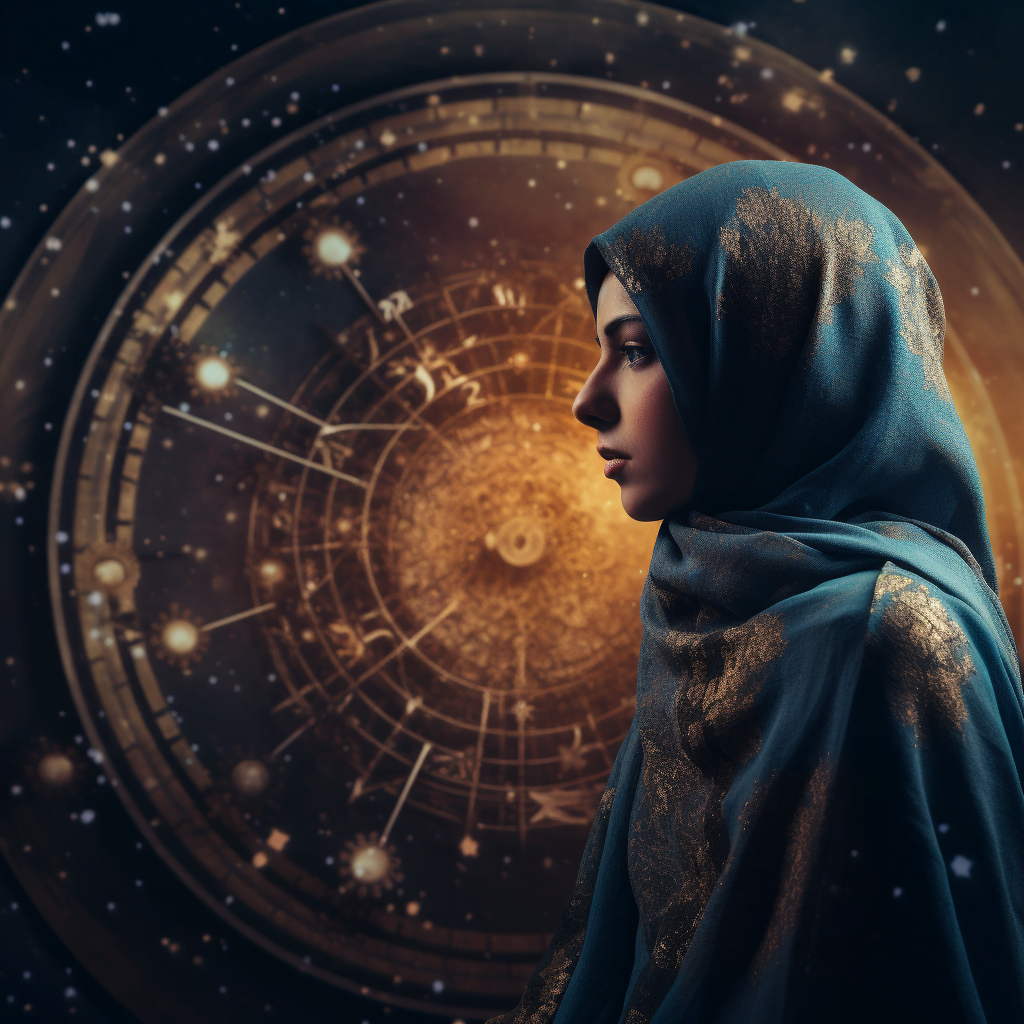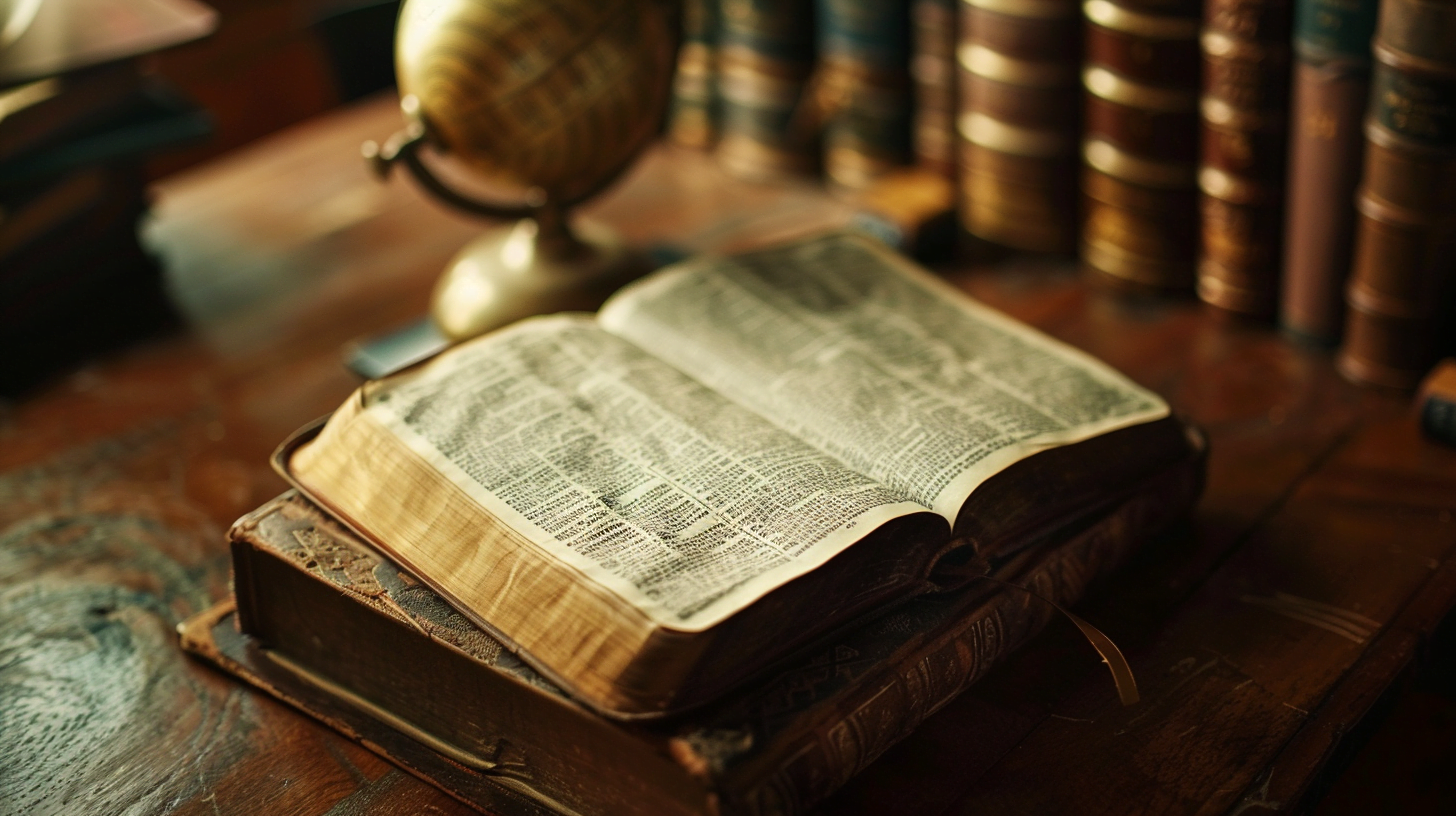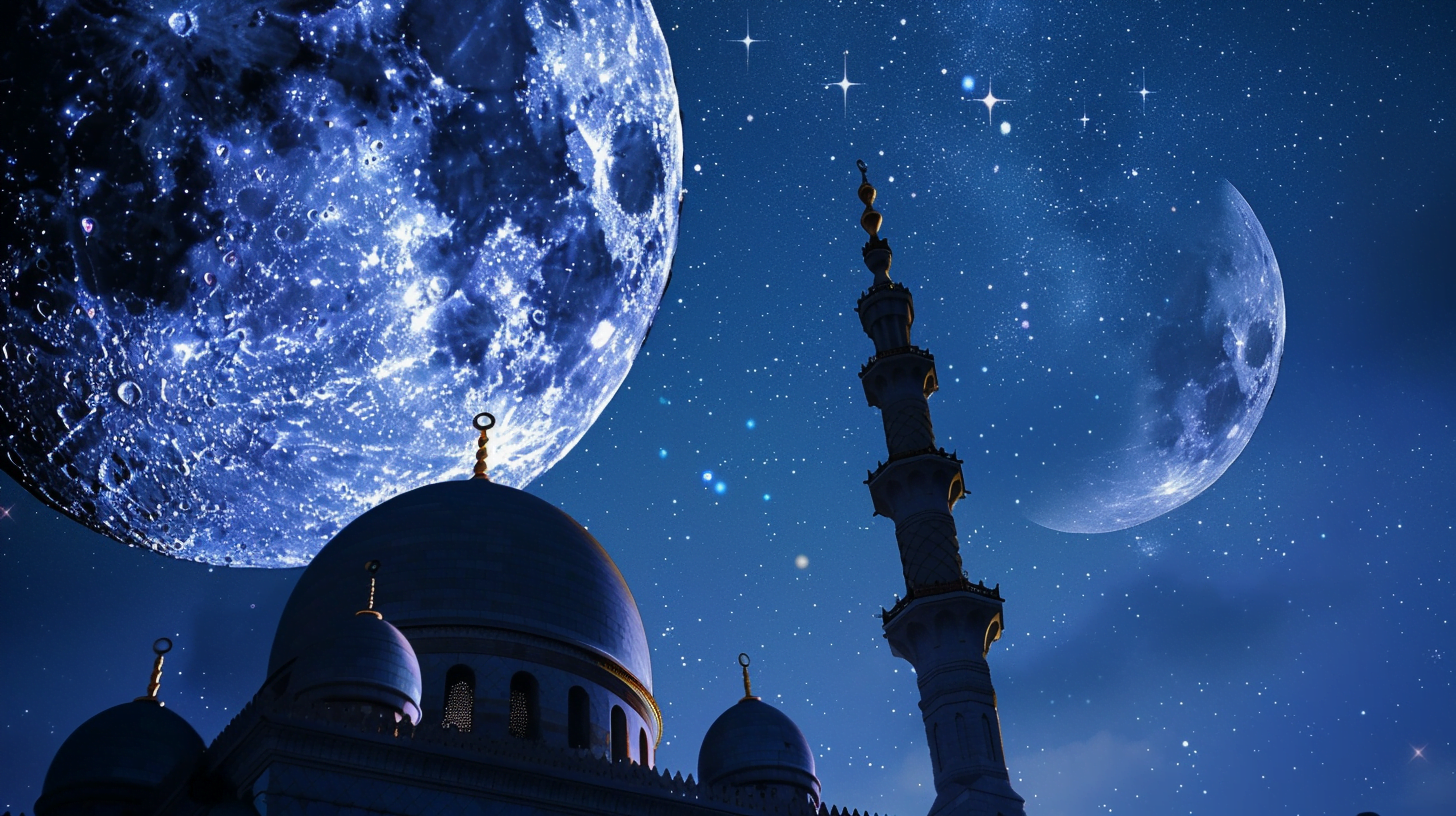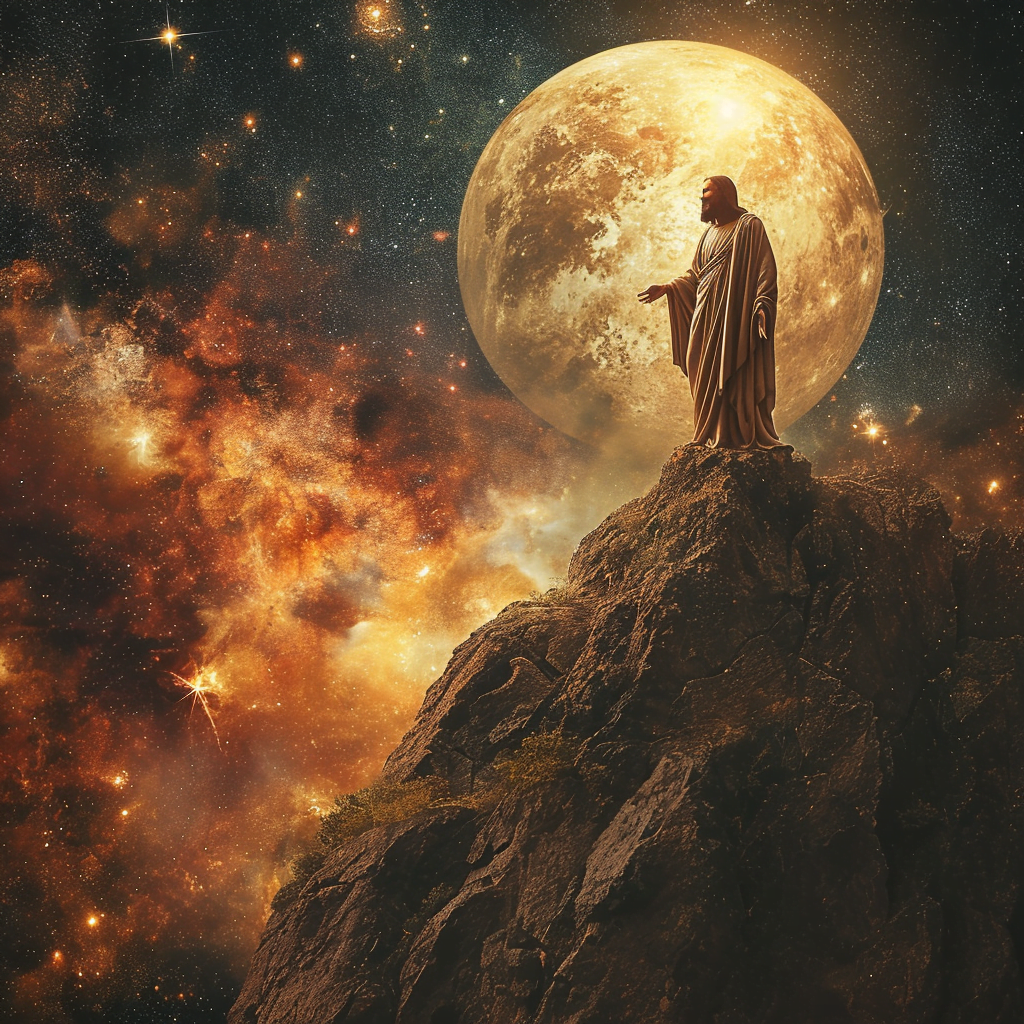I am here to discuss the intriguing relationship that exists between astrology and religion. By examining the fundamental principles and concepts of both, we can uncover the indications of a connection that may go beyond surface-level associations. Astrology, often aligned with the zodiac, provides a framework for understanding the characteristics and inclinations of individuals based on the positioning of celestial bodies at the time of their birth. On the other hand, various religious beliefs offer guidance and principles for leading a meaningful life, often centered around a higher power or spiritual dimension. This article aims to explore the nature of this connection, shedding light on how astrology and religion intertwine and influence one another, as well as raising questions about the potential significance these intersections hold for individuals seeking guidance and understanding.
What is Astrology?
Astrology is a complex practice that has been studied and interpreted for centuries. It serves as a means of understanding the relationship between celestial bodies and human life. Astrologers believe that the positions and movements of celestial bodies, such as the sun, moon, planets, and stars, can influence various aspects of human behavior, personality traits, and even events that occur in one’s life.
Definition of astrology
Astrology can be defined as the study of the influence of celestial bodies on human behavior and events. It is a discipline that combines elements of astronomy, mathematics, and psychology to interpret and predict the effects of celestial bodies on individuals and society as a whole.
Historical origins of astrology
The origins of astrology can be traced back to ancient civilizations such as the Mesopotamians, Egyptians, and Greeks. These ancient cultures observed the movements of celestial bodies and believed that they held significant meaning for human life. The Babylonians, for example, developed a system of astrology that associated specific celestial events with the fate of individuals and nations. Over time, astrology spread to other parts of the world and became integrated into various religious practices and belief systems.
What is Religion?
Religion is a complex and multifaceted concept that encompasses a broad range of beliefs, practices, and rituals. It serves as a framework for understanding the universe, our place in it, and our relationship with higher powers or divine beings. Religion offers a set of moral and ethical guidelines, as well as a source of comfort, hope, and spiritual fulfillment for individuals.
Definition of religion
Religion can be defined as a system of beliefs, rituals, practices, and moral values that are centered around the worship of a higher power or powers. It provides individuals with a sense of meaning and purpose in life, as well as a framework for understanding the mysteries of existence and the human condition.
Key elements of religion
Religion typically involves several key elements that distinguish it from other belief systems. These elements may include:
Belief in a higher power or powers: Most religions involve the belief in a supreme being, divine entities, or cosmic forces that govern the universe.
Sacred texts and teachings: Religions often have sacred texts or scriptures that contain teachings, stories, and moral guidelines considered authoritative by followers.
Rituals and ceremonies: Religious traditions involve various rituals and ceremonies that are performed to honor and connect with the divine.
Moral and ethical codes: Religions provide moral and ethical guidelines that dictate proper behavior and conduct.
Community and social cohesion: Religions often foster a sense of community and belonging among their followers, promoting social cohesion and shared values.
Astrology in Various Religions
Astrology has been integrated into various religious traditions throughout history, often taking on unique interpretations and practices within each faith. Let us explore how astrology is understood and utilized in Hinduism, Buddhism, Judaism, Islam, and Christianity.
Astrology in Hinduism
Hinduism has a long history of incorporating astrology into its religious practices. Astrology, known as “Jyotish” in Sanskrit, is considered one of the Vedangas (limbs of the Vedas) and plays a significant role in guiding individual and societal decisions. Hindus believe that celestial bodies exert an influence on human life and regularly consult astrologers to determine auspicious times for important events, such as weddings or business ventures.
Astrology in Buddhism
Although Buddhism generally discourages attachment to worldly matters, astrology has found its way into certain Buddhist traditions. In Tibetan Buddhism, for instance, astrologers, known as “tsi-pa,” play a role in helping individuals make important decisions based on astrological charts. These charts consider the person’s birth details and the alignment of celestial bodies to provide guidance on life choices.
Astrology in Judaism
Judaism, with its rich history and emphasis on divine intervention, has various perspectives on astrology. Some Jewish scholars view astrology as permissible and even useful when practiced for practical purposes, such as determining auspicious times for religious rituals or making important decisions. However, others criticize the belief in astrology as a form of idolatry, as it may undermine faith in the sovereignty of God.
Astrology in Islam
Islam generally takes a more skeptical view of astrology. Many Islamic scholars consider it a form of divination, which is strictly forbidden in the Islamic faith. They believe that the practice of astrology contradicts the Quranic teachings on predestination and the belief in Allah’s complete control over human destiny. However, astrology may still be present in certain cultural traditions and popular beliefs within Islamic societies.
Astrology in Christianity
Christianity has historically been critical of astrology, particularly due to its association with divination and superstition. Early Christian theologians, such as Saint Augustine, argued against the belief in astrological influences on human life, emphasizing the importance of free will and divine providence. However, astrology has continued to exist in certain Christian subcultures, albeit often regarded with skepticism.
Beliefs and Practices in Astrology and Religion
While astrology and religion share common elements, they also exhibit notable differences in their beliefs and practices. Understanding these similarities and differences can provide insights into how individuals perceive and engage with these two realms.
Similarities between astrology and religion
Both astrology and religion encompass a belief in supernatural forces that influence human life. They often offer individuals a sense of meaning, comfort, and guidance in navigating the complexities of existence. Additionally, astrology and religion can serve as tools for self-reflection and understanding, providing frameworks through which individuals can make sense of their identity, purpose, and place in the universe.
Differences between astrology and religion
Despite their similarities, astrology and religion differ in fundamental ways. While religion involves a broader set of beliefs, rituals, and moral codes, astrology focuses specifically on interpreting celestial influences and their effects on human behavior. Religion often incorporates a belief in divine revelation, whereas astrology relies on the interpretation of celestial phenomena to make predictions and offer guidance.
Moreover, religion typically involves the worship of a higher power or powers, whereas astrology does not necessitate worship but rather seeks to understand and interpret astrological patterns. Additionally, while astrology can be seen as a more individualistic and personalized practice, religion often emphasizes communal worship, social cohesion, and communal ethical values.
Astrology as a Spiritual Practice
For some individuals, astrology serves as a spiritual practice rather than a mere tool for predictions or personal guidance. It offers a path to self-discovery, self-reflection, and understanding of one’s spiritual journey.
Astrology as a tool for self-reflection
Many individuals turn to astrology as a means of gaining insights into their own personality traits, strengths, weaknesses, and life patterns. By examining their birth charts and astrological profiles, individuals can engage in self-reflection and deepen their understanding of their own behavior, motivations, and potential life paths. Astrology encourages individuals to explore the depths of their inner selves and uncover patterns and tendencies that may shape their lives.
Astrology as a path to self-discovery and understanding
Astrology can also serve as a means of exploring broader existential questions and the larger cosmic forces at play in the universe. By considering the intricate connections between celestial bodies and human life, individuals may develop a sense of interconnectedness and find solace in the belief that their lives are part of a larger cosmic tapestry. Astrology can inspire individuals to seek a deeper understanding of their place in the world and their purpose in existence.
Criticism and Controversy
Astrology, like religion, has faced criticism and controversy throughout history. These criticisms come from various perspectives, including religious viewpoints and secular skepticism.
Religious perspectives on astrology
Many religions have criticized astrology for various reasons, often viewing it as a form of idolatry, superstition, or divination incompatible with their teachings. Some religious authorities argue that astrology undermines faith in a higher power’s sovereignty and the belief in divine providence. Critics within religious circles often denounce astrology as a false or misguided practice, urging believers to turn to their respective religious teachings for guidance and understanding.
Secular criticism of astrology
Apart from religious criticisms, astrology has drawn skepticism and criticism from various secular perspectives. Critics argue that astrology lacks scientific validity and rigor, as its principles are based on ancient and often untestable theories. They contend that astrology relies on generalized statements that can apply to anyone, known as the “Barnum effect,” rather than providing specific and accurate predictions. Skeptics often highlight the absence of empirical evidence to support astrological claims and urge individuals to approach astrology with a critical and rational mindset.
Astrology and Fate
One of the central themes in astrology is the belief that celestial bodies can influence one’s destiny or fate. This notion of predestination and fate has been interpreted differently within various religious perspectives.
Astrology as a belief in predestination
Astrology often implies a belief in predestination, suggesting that one’s life events and circumstances are predetermined based on celestial influences at the time of birth. This concept is rooted in the idea that the positions of celestial bodies at birth can determine an individual’s personality traits, behavior, and even future life events. Astrologers use birth charts or horoscopes to interpret these influences and make predictions about a person’s life path.
Religious perspectives on fate in relation to astrology
Different religions offer varied perspectives on the concept of fate and its relationship with astrology. Some religious traditions, such as Hinduism and Islam, embrace the idea of predestination to varying degrees. In these contexts, astrology aligns with the belief that human destiny is predetermined and guided by cosmic forces or a divine power.
Conversely, other religious traditions, such as Christianity, often emphasize the role of free will and personal responsibility in shaping one’s life. They argue that while celestial influences may exist, individuals have the agency to make choices that can impact their own destinies. Critics within these religions contend that astrology oversimplifies the complex interplay between human choice and divine sovereignty.
Astrology and Divination
Divination refers to the practice of seeking knowledge of the future or the unknown through supernatural means. Astrology is often considered a form of divination, and its use varies across different religious traditions.
Astrology as a form of divination
In its essence, astrology involves interpreting celestial phenomena to gain insight into the past, present, and future. By analyzing the positions and movements of celestial bodies, astrologers aim to understand the potential influences these events have on individuals and society. While some astrologers may focus on personal predictions, others interpret celestial signs to provide guidance on broader social, cultural, or political matters.
Religious views on divination
The acceptance of divination practices, including astrology, varies among different religions. Some traditions, like certain branches of Hinduism or forms of paganism, actively incorporate divination into religious rituals and ceremonies. In these contexts, divination is seen as a means of communing with the divine or seeking guidance from higher powers.
On the other hand, major monotheistic religions, such as Judaism, Islam, and Christianity, generally view divination as an inappropriate or forbidden practice. Religious scriptures often caution against relying on supernatural means to predict the future or discern the will of higher powers, instead encouraging believers to trust in divine guidance through prayer, scripture, or religious authorities.
Astrology and Personal Beliefs
Astrology, like religion, allows for individual interpretations and syncretism, where individuals may integrate elements of diverse spiritual practices into their personal belief systems.
Individual interpretations and syncretism
Astrology offers a wide range of interpretations, and individuals often personalize the practice to align with their own beliefs and experiences. Some individuals may view astrology as a purely psychological tool for self-reflection without attributing cosmic significance to celestial events. Others may combine astrological beliefs with aspects of their religious practices, forming a syncretic belief system that incorporates elements of both astrology and their chosen religion.
Incorporating astrology into religious practices
While the integration of astrology and religious practices may be controversial within certain religious communities, some individuals find ways to incorporate astrology into their spiritual lives. For example, they may consult astrological charts when making decisions within the framework of their religious beliefs, seeking guidance from both religious teachings and astrological interpretations.
The Role of Astrology in Modern Society
Astrology continues to capture the interest and imagination of individuals worldwide, shaping their beliefs, choices, and understanding of the universe. In modern society, astrology occupies a unique place, fulfilling various roles and evoking diverse attitudes.
Popularity of astrology
Astrology’s popularity has grown significantly in recent years, fueled by the accessibility of astrological knowledge through the internet, social media, and popular culture. Many individuals turn to astrology as a source of guidance, entertainment, and self-discovery. It offers a framework through which people can make sense of themselves, their relationships, and the world around them.
Contemporary attitudes towards astrology
As astrology has gained popularity, it has also faced a range of attitudes and responses. Some individuals wholeheartedly embrace astrology, finding solace and meaning in its interpretations. Others maintain a more skeptical stance, viewing astrology as a form of pseudoscience or mere entertainment. Within religious communities, opinions about astrology vary, with some religious leaders and scholars denouncing it as incompatible with their faith, while others express a more open-minded or syncretic approach.
In conclusion, astrology and religion exhibit both intersections and divergences. While astrology incorporates celestial phenomena in interpreting human behavior and predicting events, religion encompasses broader systems of beliefs, rituals, and moral codes centered around worship. Astrology can serve as a spiritual practice, providing avenues for self-reflection and exploration. However, it has also faced criticism from religious perspectives and secular skepticism. Despite differing views on fate and divination, individuals often integrate astrology into their personal beliefs, either through individual interpretation or the synthesis of astrology with religious practices. In modern society, astrology’s popularity continues to rise, sparking both devoted followers and skeptical attitudes. Recognizing the multifaceted nature of astrology and its relationship with religion allows for a more comprehensive understanding of these significant aspects of human culture and spirituality.



